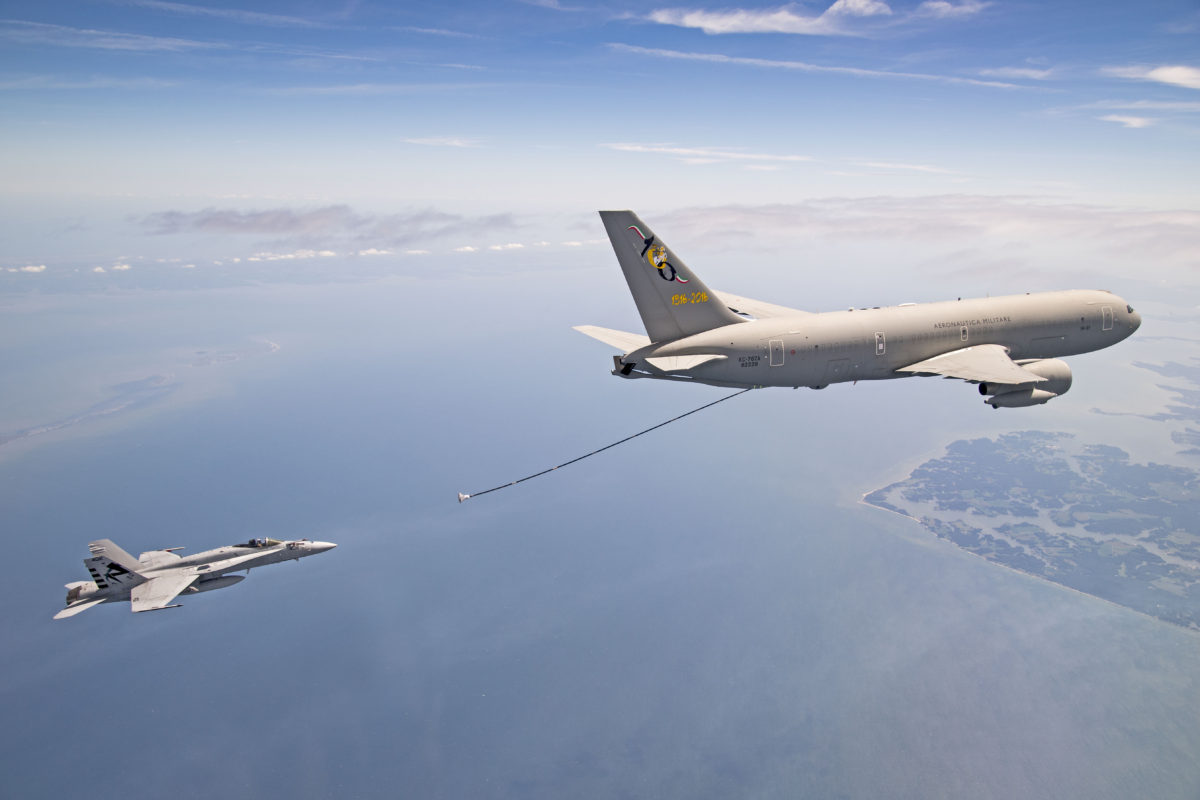Ever since the Second World War, economic giants including US, China and Russia have been aiming high in developing weapons and training military. At the same time, AI started to step into warfare field. In April 2016, ‘Sea Hunter’, the robotic self-sailing warship was unveiled by US navy. It was the first totally robotic, trans-ocean-capable ship, with its advantage of anti-submarine technology. Just 3 days ago, on 25th September 2017, China entered the robotic warship arms race with the D3000, a stealthy robotic trimaran warship designed to operate autonomously for months.
Although AI is still a relatively new technology, it seems to be slowly invading tremendous ranges of industries. Military is not an exception. But how is AI influencing warfare?
The US military has been investing, testing and deploying different types of Machine Intelligence, involving companies such as Google and Amazon, which has recently brought an unprecedented urge in military innovation. It is well expected that such AI technology, automating killing tasks with robotic weapons, would bring warfare to a new era. However, it has also caused strong opposition. More than 3000 researchers, scientists and executives from companies including Microsoft and Google signed a 2015 letter to Obama asking for a ban on autonomous weapons.
According to M. L. Cummings, computer vision algorithms might be able to identify aims, but such algorithms are far from perfect. While unmanned aerial vehicles are excellent platform for imaging, granting them decision making entitlement is still a far way to go.
From my perspective, I do believe AI will take a more important role in warfare in near future, but not as a decision-making centre in a complete autonomous way. In terms of the use of weapons, human is still directly in control of the robot from distance, or at least sets up the aims. AI, with its algorithm that could perform skilful tasks such as aiming far more accurately than a human soldier, could be a helpful supporting tool in war.
On the other hand, I do really look forward to discovery of AI’s potential in strategic analysis in a war with its accurate calculation in algorithm. As excellent as a navy officer in decision making, an AI system could potentially have a better vision in a war since algorithm is capable of seeing all the possible battle situations and optimise a best solution, just as Google AI beat the GO world champion. What is your opinion?
Reference
Artificial Intelligence and the Future of Warfare. (2017). [online] M. L. Cummings. Available at: https://www.chathamhouse.org/sites/files/chathamhouse/publications/research/2017-01-26-artificial-intelligence-future-warfare-cummings-final.pdf [Accessed 28 Sep. 2017].
Lin, J. and Singer, P. (2017). With the D3000, China enters the robotic warship arms race. [online] Popular Science. Available at: https://www.popsci.com/robotic-warship-arms-china-d3000 [Accessed 28 Sep. 2017].
Simonite, T. (2017). AI Could Revolutionize War as Much as Nukes. [online] WIRED. Available at: https://www.wired.com/story/ai-could-revolutionize-war-as-much-as-nukes/ [Accessed 28 Sep. 2017].
Stewart, P. (2017). U.S. military christens self-driving ‘Sea Hunter’ warship. [online] reuters. Available at: https://www.reuters.com/article/us-usa-military-robot-ship/u-s-military-christens-self-driving-sea-hunter-warship-idUSKCN0X42I4 [Accessed 28 Sep. 2017].

